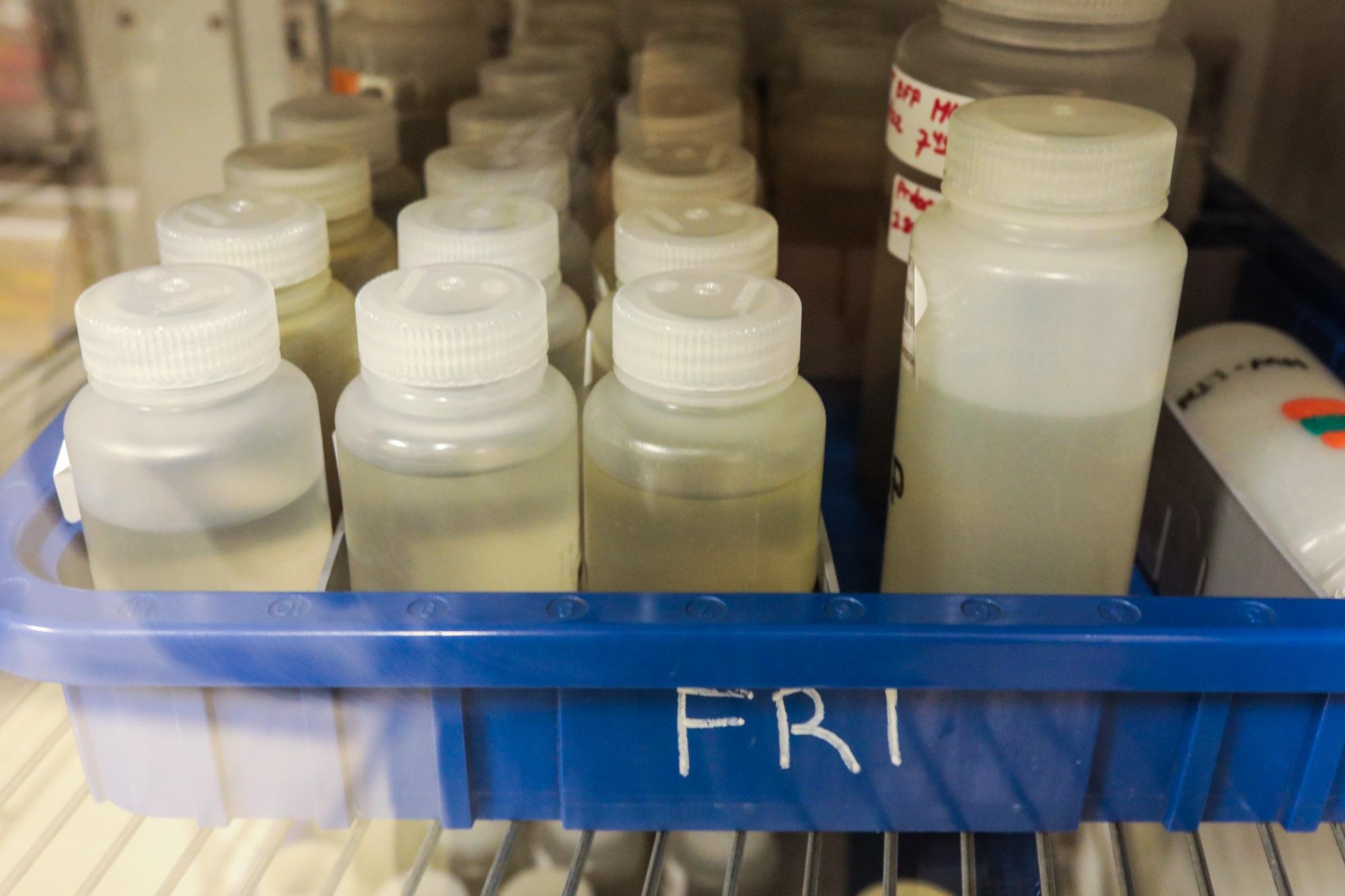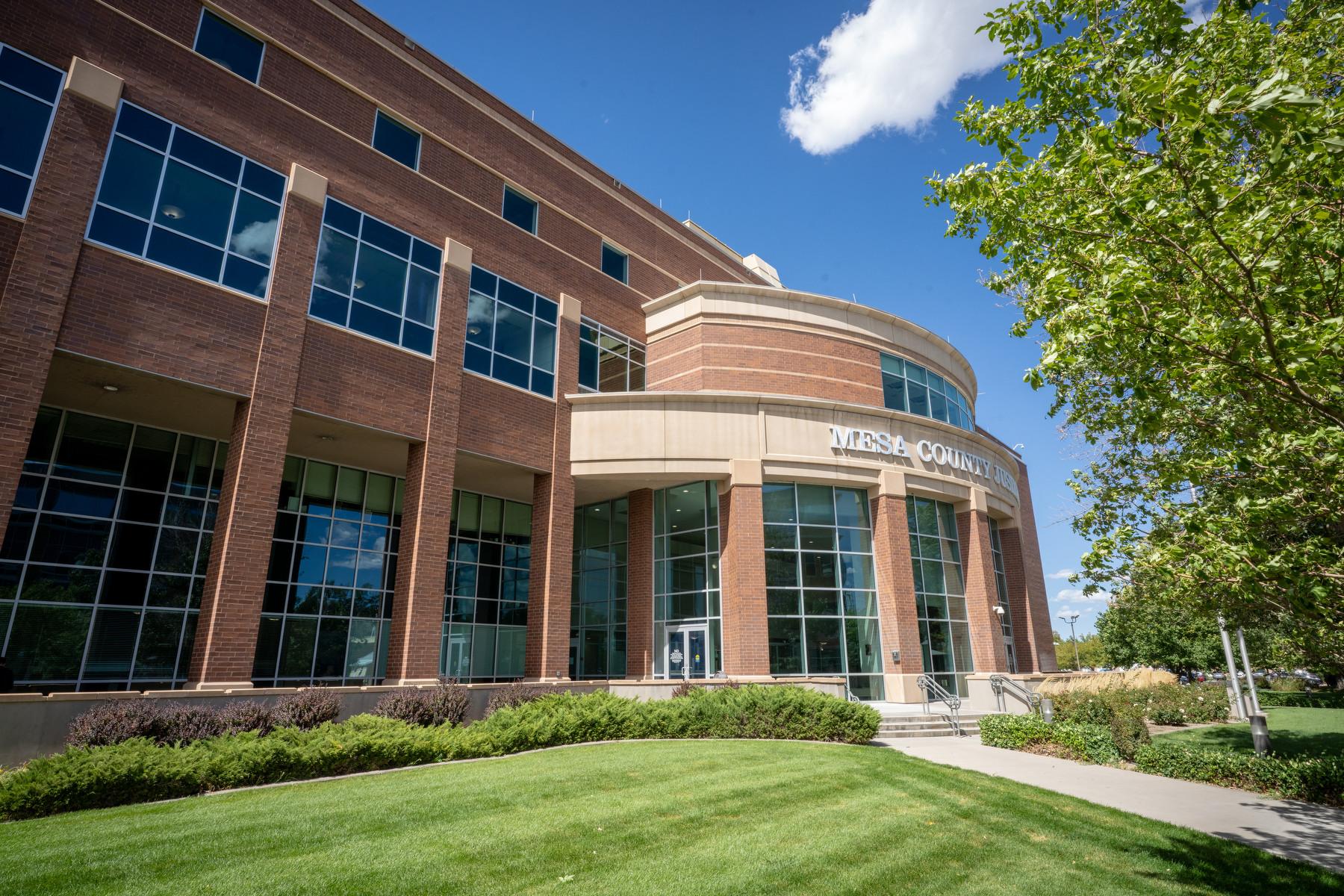
The number of Coloradans now hospitalized with COVID-19 is at its lowest point in two years, since the start of the pandemic. But epidemiologists and infectious disease experts say they’re still keeping a close eye on variants.
On Tuesday, the state health department reported 135 hospitalized coronavirus patients. That's the lowest figure since mid-March of 2020, according to the state’s COVID-19 data dashboard. Sixty-seven percent of them are unvaccinated.
“I think everybody's breathing a sigh of relief, but everybody's really tired,” said Dr. Michelle Barron, an infectious disease doctor with UCHealth, when asked about how hospital staff are holding up.
She said hospitals remain busy treating other things.
“Even though our COVID census is certainly at the lowest it's been, our hospital census is not,” she said. “We have a backlog of cases of elective surgeries or semi-elective surgeries, and then everything else that comes in.”
UCHealth, which has treated many of the state’s sickest COVID-19 patients through the pandemic, reported on its dashboard 28 coronavirus patients in its 12 hospitals on Thursday. At the system’s all-time peak in late 2020, 469 people were hospitalized with confirmed or suspected COVID-19 infections — and high numbers were also reported during the delta and omicron waves.
The change is welcome, but it feels a bit jarring after battling the devastating impact of the virus for so long, Barron said.
“At University of Colorado Hospital, I think we had six (coronavirus patients), which is unreal, and of those, I think only one in the ICU,” she said, noting that might reflect some milder disease due to the omicron variant.
“It feels strange, as a clinician, to sort of think, ‘Wow, I'm not seeing all COVID patients today.’”
“If we could stay here, I’d be delighted with that”
This week's state hospitalization figure was more than 1,500 lower than the peak of the omicron wave two months ago, and way below the pandemic peak of 1,847, recorded in early December of 2020.
“So we're really in a different place than we've been for a long time,” said Elizabeth Carlton, an associate professor at the Colorado School of Public Health at the CU Anschutz Medical Campus, and also a member of the Colorado COVID-19 Modeling Team that provides epidemiological modeling for the state.
“It is notable,” said Scott Bookman, who helps lead Colorado’s COVID-19 response efforts as Incident Commander. “Obviously as our cases from the omicron wave came down, hospitalizations fell off really, really rapidly as well.”
“I'm delighted with where we are and if we could stay here, I'd be delighted with that,” said Dr. John Swartzberg, a clinical professor emeritus and expert in infectious diseases at the UC Berkeley School of Public Health. Swartzberg tracks national trends, as well as those in the west, closely.
Carlton said the reversal in Colorado’s COVID-19 fortunes is largely “due to vaccinations and also probably due to the enormous amount of infections we've probably had from omicron,” which tore through Colorado, setting records for cases and transmission. “So there's a lot of good news in the (state’s hospitalizations trends), if you think about how many people in the hospital is kind of a proxy for how much severe disease we're having, the amount of severe disease is low,” for now, she said.
The positivity rate, the rate of positive tests, remains below three percent at 2.75 percent, well below the worrisome five percent threshold. The state is also seeing just a few hundred cases a day. Since March 9, it’s recorded fewer than 500 cases a day.
Another variant on the horizon
Public health experts say they're closely watching the BA.2 variant, however, which is on the rise in parts of the U.S. and taking off in places overseas.
The state’s epidemiologist, Dr. Rachel Herlihy, said based on CDC data and modeling, it’s believed that about 20 percent of the virus now circulating in Colorado is from that variant, compared with about 35 percent nationally and perhaps 80 percent in the U.K. She said for now state health officials think vaccination and prior infection will provide sufficient protection to ward off another major surge.
“We do expect to see some level of an increase” in cases due to that variant, based on projections, she said, but not to the level of recent delta and omicron waves. “We’re closely watching states on the east coast where we know there is more BA.2 circulating right now.”
Herlihy said the virus continues to be unpredictable and its impact plays out differently around the world. “There’s a lot of variability.”
“I think what unnerves me the most is the U.K. experience with BA.2. You had the initial (omicron) spike, a terrible surge like we did, and then it came down,” said Swartzberg. And then, like in places around the US recently, they got rid of all their mandates. “Two weeks later, their cases started going up and now not only are cases really accelerating, but so are hospitalizations and deaths. “
The situation in densely populated China and Hong Kong bears keeping an eye on as well, said Barron. New variants could spring up from there, or anywhere, and spread globally, just as many people, certainly in the U.S., are essentially moving on.
“A lot of individuals have a mindset of, ‘oh, we're done, it's over. I don't have to ever do anything about this ever again,’” she said. “And I think that's probably not going to be the case.”
Bookman said the state is monitoring clinical tests and wastewater samples for spikes in coronavirus. And he’s confident that, even with fewer people getting tested and many home test results not getting reported to the state, the state will be able to identify future surges.
“We'll continue to monitor it. We'll continue to ensure that we have enough testing capacity,” he said.
Still, infectious disease experts say they'd like to see more Coloradans and Americans vaccinated and boosted to improve community protection further.
“In terms of how we're poised from a vaccine or immunity standpoint, we're much better than we've been,” Swartzberg said. But he worries that not enough people, including the vulnerable 65+ population, still have not “gotten their third jab, that is, they're not up-to-date.”
The state’s latest COVID-19 data also showed the mounting toll of the pandemic: The death toll of Coloradans who died due to the virus is at 12,936, not far off a tragic threshold of 13,000 lives lost.








